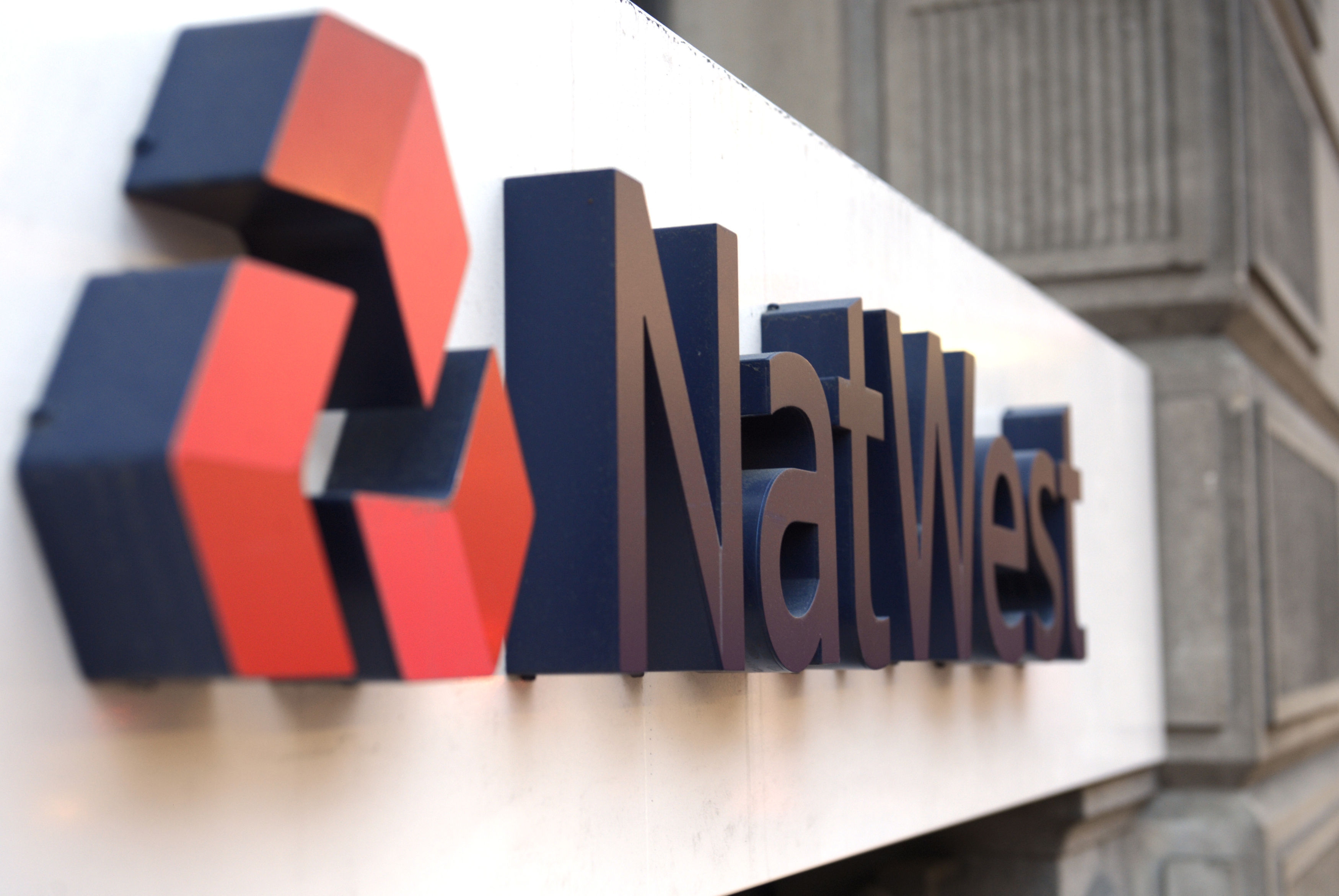Bank sets new overdraft fees
Millions of customers with NatWest and Royal Bank of Scotland (RBS) face new fees of up to £72 a year from this week for dipping into their arranged overdrafts.
From Friday July 12, current account customers with the state-backed bank will be charged a £6 a month ”arranged overdraft usage fee” when they go over £10 into the red – on top of existing annual interest of 19.89%.
The rule changes also mean that the interest-free ”buffer” which customers have on their arranged overdrafts will be shaved from £100 to £10.
The move brings the bank into line with other big high street names, including Lloyds TSB, Santander and Halifax.
Select and Select Silver customers with arranged overdrafts will be affected by the NatWest/RBS changes. These customer numbers are understood to be in the low millions, although not all of these people use their overdraft.
Student and graduate accounts will not be affected by the charges, nor will some paid-for ”packaged” accounts such as the bank’s Select Platinum Account, Advantage and Royalties Gold Accounts and Black Account.
The blow to borrowers comes at a time when the average authorised overdraft rate on offer is at a new high, according to financial information website Moneyfacts.
The typical overdraft rate has crept up to 16.02% across the market, which is the highest rate on Moneyfacts’ records going back six and a half years.
One year ago, authorised overdrafts charged an average rate of 15.41%.
Overdraft rates have been on an upward path despite those on other types of borrowing such as mortgages and personal loans plummeting amid four years of rock bottom interest rates.
Consumer campaigners have argued that the new charges add a further layer of complexity to overdraft costs and make it harder for consumers to compare deals, as well as placing another nail in the coffin of the idea of ”fee-free” banking.
Rachel Springall, spokeswoman for Moneyfacts, said: “Interest rates remain at an all-time low but despite this it’s disappointing to see overdraft rates rising.”
Ms Springall said RBS/NatWest customers who are overdrawn for large chunks of the month will find the £6 fee “less painful” than those who tip slightly over the £10 buffer for a couple of days.
Consumers looking to cut their costs could consider moving to First Direct, which offers customers a fee-free overdraft on the first £250 and charges a rate of 15.9% for the rest of the balance, Ms Springall suggested.
People who have sunk quite deeply into their overdrafts may also want to look at taking out a personal loan to cover the debt. Retailers Tesco, Sainsbury’s and M&S Bank have been particularly competitive in the personal loans market in recent months.
For example, someone who is £5,000 overdrawn could consider taking out a loan from Sainsbury’s Bank, which offers a rate of 6.8% to borrow £5,000 over three years.
RBS/NatWest has said its ”cost neutral” changes will help it to ease the burden on those who are drowning in debt by lowering the charges it places on people who plunder their unarranged overdrafts.
When the changes were announced a couple of months ago, a spokeswoman for the banking group said: ”The new fee will help to finance a very big reduction in costs for those customers who are struggling. This is about helping those that really get themselves into trouble.”
The maximum monthly fee on an unarranged overdraft is being halved from £186 a month to £90, putting the bank’s monthly unarranged overdraft fees among some of the lowest on the market compared with its major competitors.
The Press Association
Latest posts by The Press Association (see all)
- 6 mind sports to exercise your brain and keep you sharp - December 20, 2024
- Quiz: What classic Christmas food or drink are you? - December 20, 2024
- Leftover turkey and watercress pie - December 20, 2024
- Catherine and William choose family shot for Christmas card photograph - December 19, 2024
- The best books to watch out for in 2025 - December 17, 2024




















